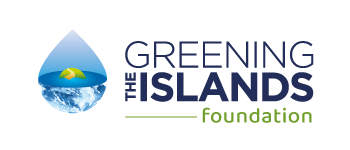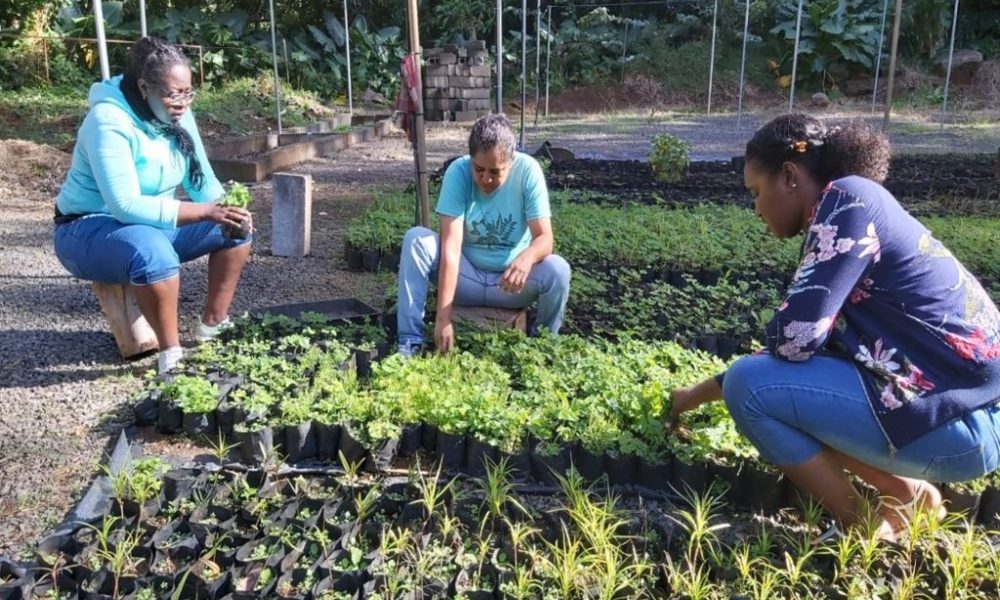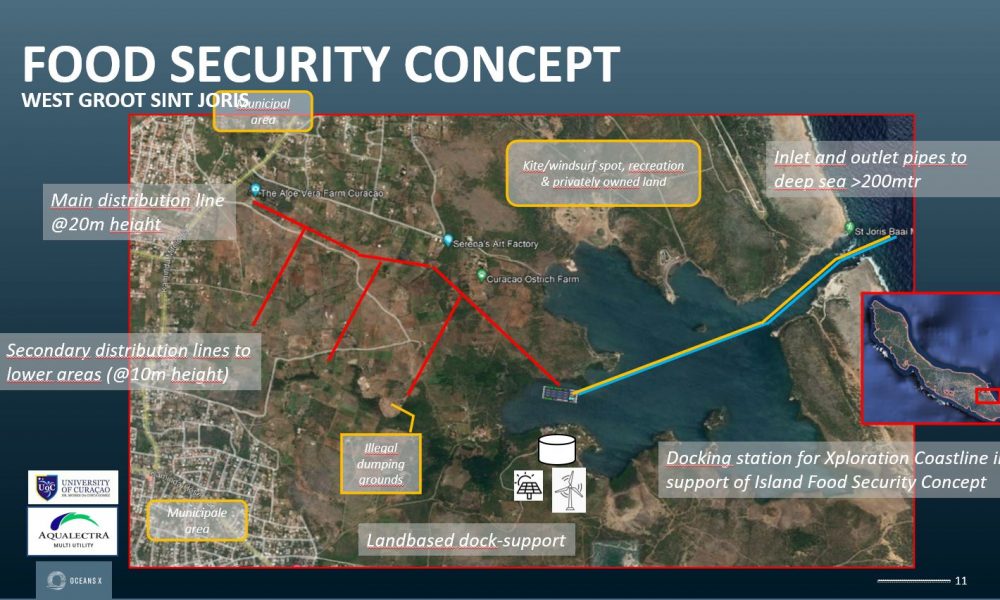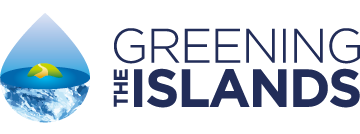Winner tourism 2020
Projects

IntelliReefs – coral reef restoration and preservation
Winner GTI Awards 2020 – Sustainable tourism
General information:
Island (Region, Province, Country):
Philipsburg, Sint Maarten
Population:
Island of Sint Maarten: 40,654 (2018) + more than $1.5 million visitors per year. Philipsburg 1,894 (2017)
Budget / cost of the project:
$128 000 USD
Project objectives:
Reef Life Foundation takes a holistic approach to coral reef conservation by aiming to revitalize, restore, and protect reef ecosystems through advanced materials engineering and biological research, applied restoration, international and local collaborations, and educational outreach. In November 2018, Reef Life deployed their revolutionary nanotechnology artificial reefs, called IntelliReefs, onto reefs severely affected by Hurricane Irma (2017) in Philipsburg, Sint Maarten. The deployment goals for these pilot IntelliReefs were to provide food and shelter for fish communities, complex 3-D structures to enhance biodiversity, additional healthy coral reef habitat to attract wild coral spawn, and to adhere to strict budgetary requirements.
Project description of activities and specific interventions:
Sint Maarten’s marine ecosystems have been degraded by overfishing, hurricanes, runoff, and a suite of other compounding natural and anthropogenic stressors over the past five decades. Hurricane Irma (September 2017) caused widespread damage to the island and was one of the strongest hurricanes to have hit in the Atlantic Ocean to date, with winds exceeding 185 MPH. Large surge caused severe damage on reefs and intense rainfall increased freshwater and nutrient input. Sint Maarten coral communities also suffer from continued deterioration due to eutrophication and physical damage from boating traffic.
The Nature Foundation of Sint Maarten partnered with Reef Life Foundation in an effort to find solutions for their vulnerable coral reef ecosystems. In November 2018, we deployed three IntelliReefs structures underwater near Philipsburg, Sint Maarten as part of a pilot study. IntelliReefs are made from proprietary marine mineral matrices that include high-grade limestone, aragonite, and diverse pozzolanic (calcium binding) components at the nano-scale, developed specifically for diverse animal growth and immediate marine integration. Our research team found that IntelliReefs successfully provided food and shelter for fish populations, attracted wild coral spawn, had rapid growth of a healthy coral reef community, and enhanced local biodiversity.
Working with the Nature Foundation, the overarching long-term goal is to build support amongst public and ocean stakeholders for MPAs by creating awareness of their value for the provision of ecosystem services, ocean risk mitigation, food security, ecotourism, moderation of climate change, and improving resilience to impacts of other global stressors.
Public outreach, education and awareness efforts and results:
Reef Life currently has an ongoing fundraising campaign to provide ongoing funds for the project in Sint Maarten and the local Nature Foundation’s fieldwork and local educational initiatives. Reef Life contributes towards the Hawksbill sea turtle awareness campaign run by the Nature Foundation Sint Maarten for locals and tourists.
Understanding and promoting healthy coral reefs for island communities is vital to increase awareness of restoration efforts and integrate local economic entities and anti-poverty groups into landscape management plans and environmental justice initiatives. Improving the health of reefs will improve the livelihoods and health of local populations who rely on reefs for food security, storm protection, and economic stability. We are currently in the early stages of producing an ongoing coral reef online educational outreach curriculum that aims to increase awareness and protection of coral reefs, environmental justice for local island populations and developing nations, and improve literacy and ongoing education for women and girls (SDG 5). We plan to work with the educational outreach coordinator at the Nature Foundation Sint Maarten to provide this curriculum for free to local schools.
Economic value added and how calculated:
Revenue from tourism is a major source of economic income on Sint Maarten. Income generated from tourism circulates into local fisheries, dive and snorkel shops, restaurants and souvenir shops, and boat and equipment rentals. This creates a funding source for educational outreach, habitat protection, and salaries for governmental and non-governmental conservation organizations. Our CO2 emissions are contributing to global warming, threatening our ecosystems and way of life. Whales accumulate carbon in their bodies, sequestering an average of 33 tons of CO2 during their lives. In comparison, a tree only absorbs up to 48 pounds of CO2 a year – less than 1000th of a whale’s carbon absorption (IMF).
By integrating the many different benefits that a healthy ocean provides, The Ocean Health Index encourages us to consider the “value” of habitats and species, such as sharks, comprehensively. Sharks and the larger fish have been valued through the vital benefits and ecosystem services that they provide for humans. In 2016, it was found that sharks generate a total economic impact of $377 million in Florida alone from job creation, tourism, and fisheries.
Ecological and social project outcomes:
The implementation of IntelliReefs as an active restoration strategy in coral reef ecosystems in Sint Maarten had direct ecological and social outcomes. The Reef Life science team found that IntelliReefs were able to boost local restoration of coral reef habitat by enhancing and helping to preserve local biodiversity, providing additional habitat for fish, wild corals, and other reef-building organisms, and providing food and shelter for fish. This, in turn, has positive social impacts on Sint Maarten. This collaborative research and restoration effort formed strong partnerships with local businesses and conservation organizations, creating a precedent for successful reef conservation by applying the needs and addressing the pain points of the local community and governing authorities.
The Sint Maarten restoration project is also the site of a world-first in coral reef restoration, which is raising global awareness about coral reef conservation and reef deterioration in Sint Maarten and the Caribbean. It has also opened avenues for other innovative research and technology companies to collaborate with Reef Life and the local Nature Foundation to accelerate data collection and disruptive reef restoration technologies.











